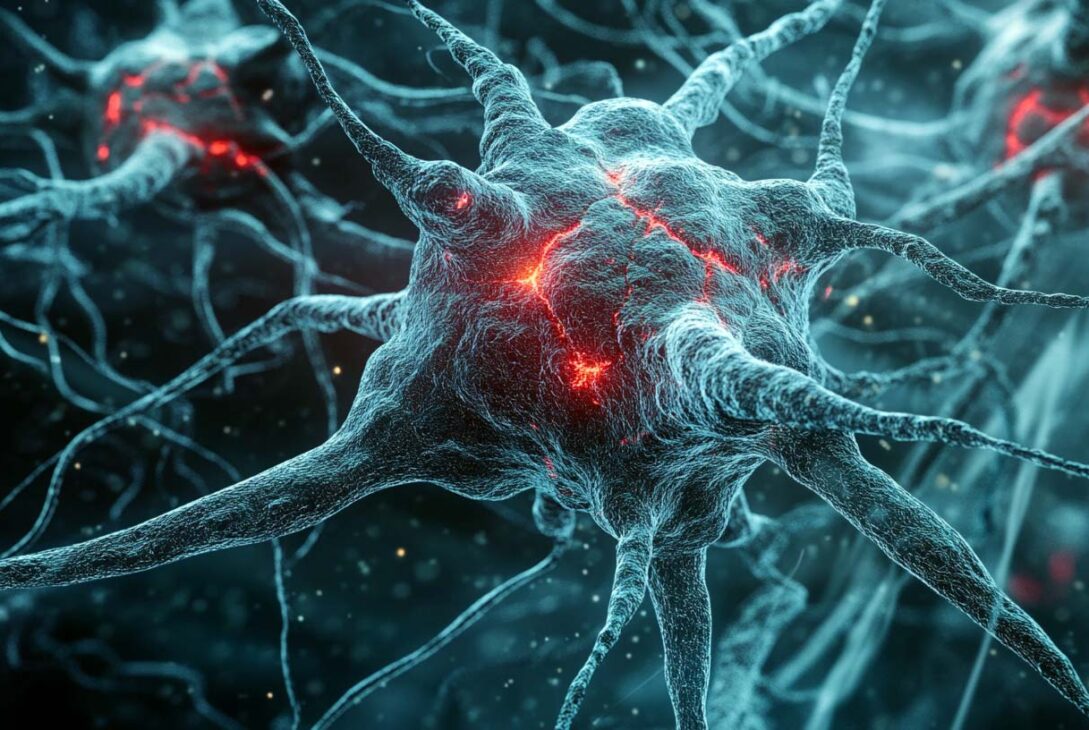Introduction to CBD and Diabetic Neuropathy
Diabetic neuropathy is a widespread complication affecting those with diabetes, often leading to profound pain and discomfort. This condition can significantly diminish an individual’s quality of life. Fortunately, emerging research suggests that cannabidiol (CBD), a non-psychoactive compound derived from the cannabis plant, may offer some relief. In this article, we’ll dive deep into how CBD may provide pain relief, assist with glucose regulation, and offer neuroprotection for those suffering from diabetic neuropathy.
Understanding Diabetic Neuropathy
Diabetic neuropathy is primarily caused by prolonged high blood sugar levels, which damage the peripheral nerves. More than half of diabetes patients experience some form of neuropathy, manifesting as various symptoms including pain, numbness, tingling, and sensitivity in the feet and hands. This nerve damage can complicate everyday life and lead to serious complications if left unchecked.
CBD and Pain Relief in Diabetic Neuropathy
The potential of CBD in alleviating pain associated with diabetic neuropathy has attracted the attention of researchers and patients alike.
Positive Findings
Research indicates promising potential for CBD as a pain management alternative. For instance, a Phase II clinical trial facilitated by Pure Green Pharmaceuticals Inc. demonstrated that a CBD sublingual tablet significantly reduced pain scores in individuals with diabetic peripheral neuropathy. Subjects reported an impressive 50% decrease in both average and maximum pain levels when compared to a placebo group. Beyond pain relief, participants also experienced improvements in quality of life, sleep, and reduced anxiety, with no adverse events reported.
Mixed and Negative Findings
However, it’s important to approach these findings with a critical perspective. Not all studies have shown consistent benefits. One notable randomized, double-blind trial published in the European Journal of Pain discovered that a combination of oral CBD and THC did not yield significant pain relief when compared to a placebo in patients with persistent peripheral neuropathic pain. This points to the need for further exploration, as CBD alone may not universally alleviate symptoms.
CBD and Glucose Regulation
While CBD is not a sanctioned treatment for diabetes, emerging studies suggest it may positively impact glucose management and metabolic health.
Preclinical Studies
Animal research provides valuable insights into CBD’s influence on metabolic health. Certain studies have illustrated that CBD can effectively lower hyperglycemia, improve cholesterol levels, and enhance insulin production. For example, one study conducted on mice indicated that CBD administration led to significantly reduced blood sugar levels and improved cholesterol profiles.
Human Studies
Transitioning from animal models to human applications, a clinical investigation explored the effects of CBD and tetrahydrocannabivarin (THCV) on dyslipidemia and glycemic control in type 2 diabetes patients. The results were mixed—CBD alone did not show substantial improvements in blood sugar or lipid levels. However, the study hinted at possible benefits when combined with THCV, such as reducing total cholesterol while increasing HDL cholesterol.
CBD and Neuroprotection
The neuroprotective properties of CBD could be crucial for addressing the neurological disruptions associated with diabetic neuropathy.
Anti-Inflammatory and Antioxidant Effects
CBD is celebrated for its anti-inflammatory and antioxidant properties, which may help mitigate the chronic inflammation and neuropathic pain tied to diabetic neuropathy. Animal study findings have suggested that CBD may reduce swelling and pain resulting from nerve damage, opening avenues for its use in neuroprotective strategies.
Clinical Implications
While the neuroprotective capabilities of CBD hold promise for preserving nerve function, there is a need for more comprehensive human studies to back these claims. Ongoing clinical trials could help clarify the long-term safety and efficacy of CBD for individuals with diabetic neuropathy.
Market Impact and Consumer Considerations
Market Trends
As consumer awareness of natural health products escalates, the CBD market is witnessing rapid growth, particularly in the United States. Many individuals with chronic conditions such as diabetic neuropathy are investigating alternative therapies, making hemp-derived CBD a focal point in conversations about wellness.
Consumer Caution
Despite the promising potential of CBD, consumers must proceed with caution. The FDA currently does not regulate most CBD products, leading to variability in quality and effectiveness. To ensure safety and potency, it is advisable for consumers to choose products from reputable brands. Additionally, consulting a healthcare provider is crucial, particularly for those already managing diabetes with prescription medications.
Conclusion
CBD appears to hold significant promise in the management of diabetic neuropathy, particularly concerning pain relief and neuroprotection. Here are a few key takeaways:
- Pain Relief: Preliminary research indicates that CBD may reduce pain associated with diabetic neuropathy, although solid, consistent evidence is still needed.
- Glucose Regulation: While not a substitute for established diabetes treatments, CBD could influence glucose and lipid metabolism positively.
- Neuroprotection: The anti-inflammatory and antioxidant qualities of CBD suggest potential benefits for maintaining nerve function and alleviating neuropathic pain.
Next Steps
For those considering CBD as a supportive treatment for diabetic neuropathy, here are a few steps to keep in mind:
- Consult Your Healthcare Provider: Engaging in conversation with your doctor about potential benefits and risks can help tailor an appropriate treatment plan.
- Choose Quality Products: Verify the source of any CBD product you consider, making sure it complies with good manufacturing practices.
- Monitor Changes: Keep track of any modifications in your symptoms and work with your healthcare provider to adjust treatment accordingly.
While ongoing research continues to explore the relationship between CBD and diabetic neuropathy, this compound may offer hope for those seeking new avenues for relief, paving the way towards improved pain management and quality of life for individuals living with this challenging condition.
For further inquiries and insights on CBD and its applications, consider exploring additional resources that keep you informed and updated on this rapidly evolving field.





















